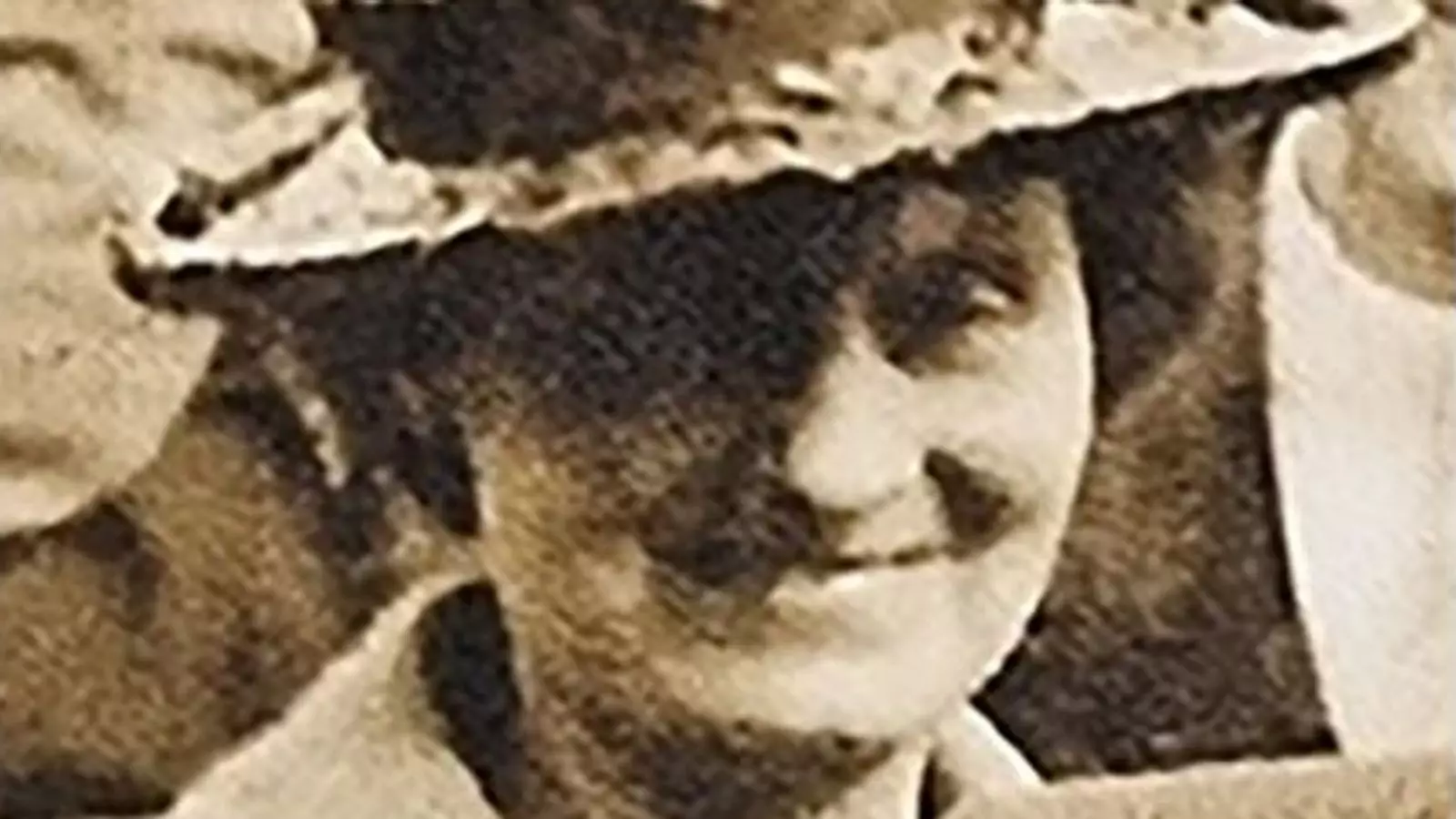In a remarkable turn of events that homes in on a long-buried mystery, authorities have arrested a 92-year-old man in connection with the murder and rape of a 75-year-old woman, Louisa Dunne, which took place in Bristol nearly six decades ago. This arrest, rooted in a recent forensic examination of the case, underscores the profound capabilities of modern investigative techniques and the importance of revisiting old cases. The suspect hails from Suffolk’s Ipswich area, and this unfortunate incident from June 1967 has now once again captured public attention.
Details of the Crime
Louisa Dunne’s tragic end, discovered by a neighbor in her Easton home, stunned the Bristol community—a place forever marked by this brutal crime. Found strangled and the victim of sexual assault, Louisa’s murder left unanswered questions that echoed through the decades. As Detective Inspector Dave Marchant noted, this case represents a significant achievement for the force, which had retained an often overshadowed cold case file for almost sixty years. The implications of such legacy crimes not only rest on legal accountability but also on the community’s collective memory of sorrow and loss.
The Current Investigation
The police’s renewed scrutiny of the case commenced last year, reflective of ongoing advances in forensic technology and a growing emphasis on solving historical crimes. The case of Louisa Dunne is particularly notable; it stands as the oldest cold case within the Avon and Somerset Police history. For the first time, this force has witnessed an apprehension linked to a crime so ancient, causing ripples of emotion both in law enforcement and within the surviving community. Detective Marchant has emphasized the shocking nature of the arrest, particularly in light of its historical context, suggesting that it may re-open wounds for those who remember the tragedy or have connections to Dunne.
The arrest has provoked a mix of emotions within the Easton community, where the echoes of Louisa’s life still resonate. Local policing teams have been deployed to engage with residents, ensuring that concerns and fears are addressed proactively. The sentiment surrounding this event compels many to reflect not only on the crime itself but on the broader issues of safety, justice, and healing that emerge in the wake of such tragedies. Moreover, there is much anticipation regarding the next steps in the investigation, as authorities have indicated that action will continue in Ipswich to further explore the circumstances surrounding Dunne’s death.
Ultimately, this development brings renewed hope to the family of Louisa Dunne. Detective Marchant expressed a desire for this investigation to offer her relatives the closure they have diligently sought for a lifetime. While the shadows of the past cannot be entirely erased, the advances in forensic science and the continuing commitment of law enforcement towards long-forgotten cases provide vital pathways toward understanding, accountability, and healing. As the community reflects on this significant moment, it also serves as a reminder of the enduring impact of unresolved crimes and the persistent quest for justice that transcends time.


Leave a Reply